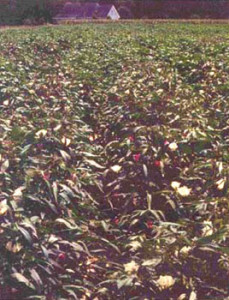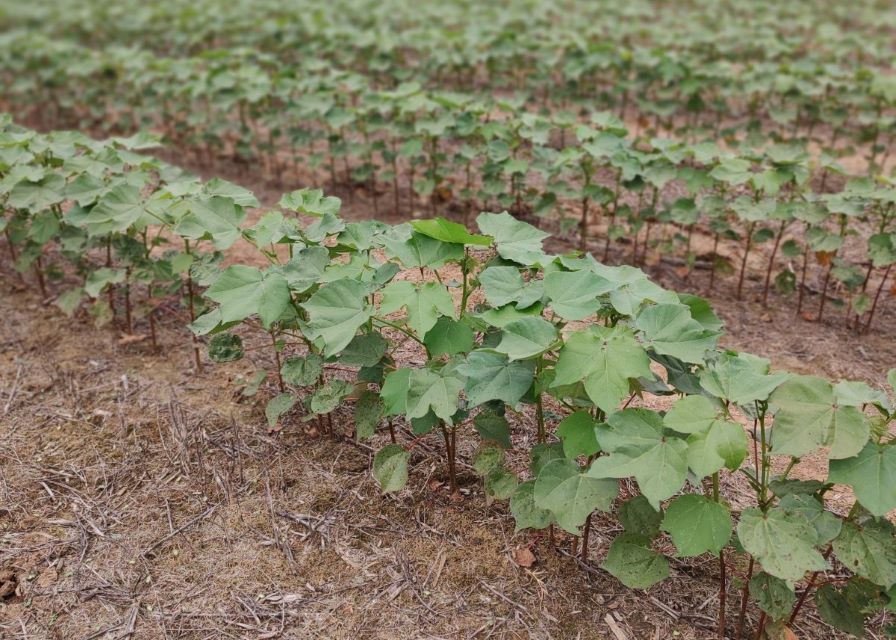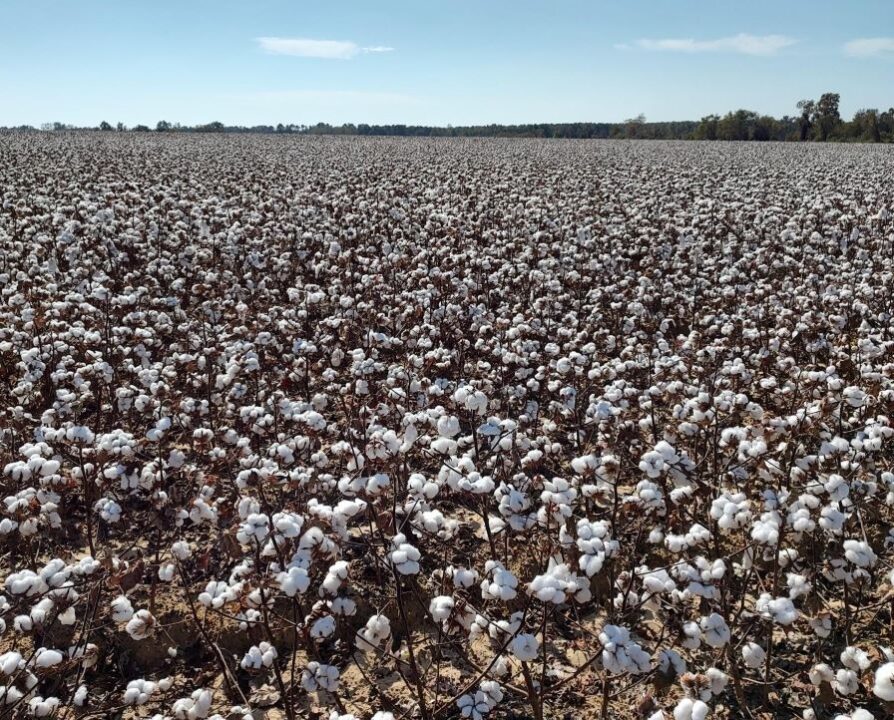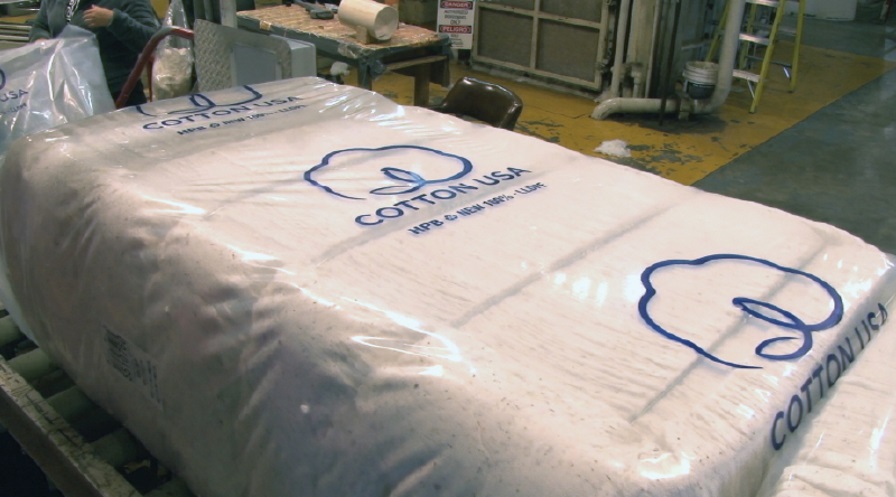FiberMax Okra Leaf Varieties Perform in South Texas

Bishop, TX, cotton grower Ronnie Smith needs cotton varieties that yield and grade well in the arid Coastal Bend area, where he farms more than 5,000 acres of cotton.
After planting several varieties over the past few seasons, Smith chose two FiberMax cotton varieties to plant on his entire farm for the 2009 season – FM 835LLB2 and FM 840B2F. Both varieties include Bollgard II stacked with herbicide-tolerant traits, but Smith said he primarily chose the two because of their okra-leaf shape.
“The okra leaf characteristics work really well in the South Texas region and especially on my farm,” Smith said. “They are able to handle drought stress and still continue to produce quality lint. They defoliate cleaner and easier and pick well. Everything about them works great for us.”
In 2008, Smith planted 90% of his farm to the two okra leaf varieties and averaged 36 staple length with a loan value between 54 and 57 cents. He believes this high quality fiber is what buyers in the South Texas market look for.
Justin Chopelas, a cotton consultant in Odem, TX, who consults on acres across the Coastal Bend area, agrees, saying that most of his growers strive to produce high-quality fiber for international markets.
“International mills are looking for high quality – strength in addition to length – because they need a good, strong fiber for their high-speed mills,” Chopelas said. “As difficult as it is to move cotton these days, you need to produce a premium product. FiberMax offers that strength with good staple length. When it comes to a premium fiber package, I think FiberMax has it wrapped up better than anyone else.”
Smith will plant about 4,000 to 4,500 acres to the two LibertyLink varieties trait this season. Liberty Link varieties are tolerant to the non-selective herbicide Ignite. He said Ignite does a great job controlling weeds on his farm, and he gets the added benefit of protection against glyphosate-resistant weeds. But he said growers have to manage their crop differently than they would with glyphosate systems.
“Don’t let the weeds get too big. If you catch them small, you will knock them out,” Smith said. “The main thing is to catch your weeds small and to put down your yellow herbicide. We think you need to put your yellow herbicides down with either LibertyLink or Roundup Ready systems, but it is especially important with LibertyLink.”
For more information, see: www.CottonExperts.com









